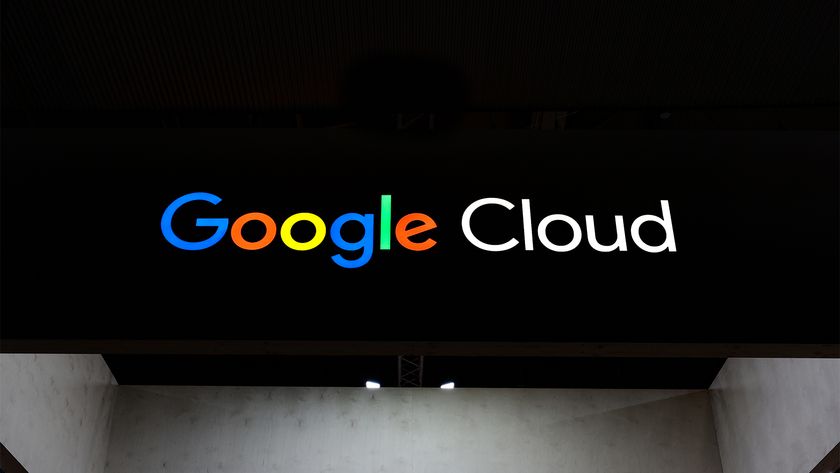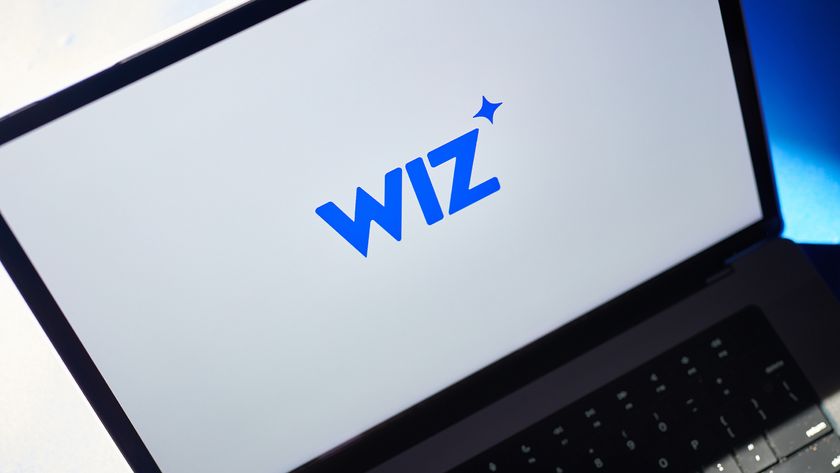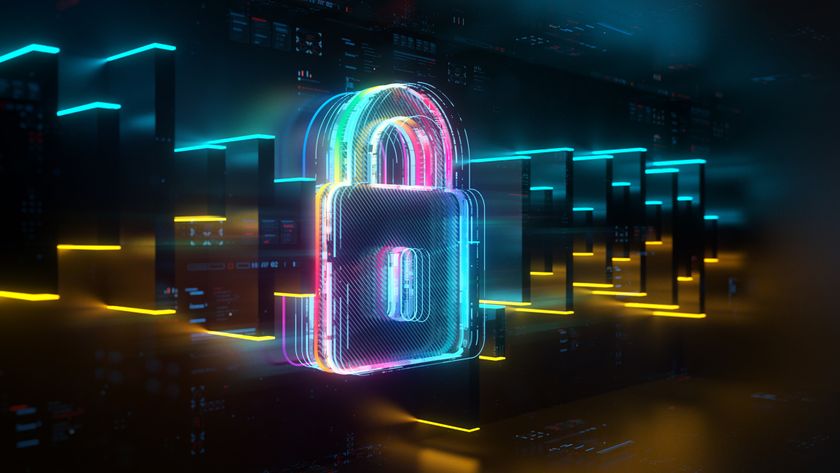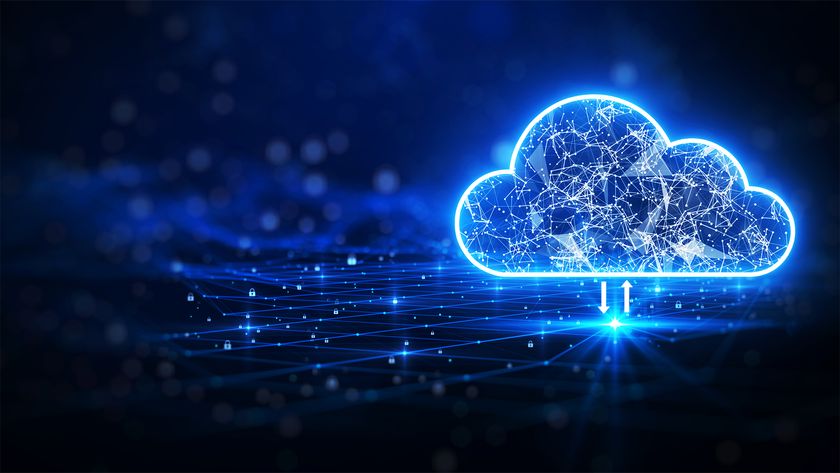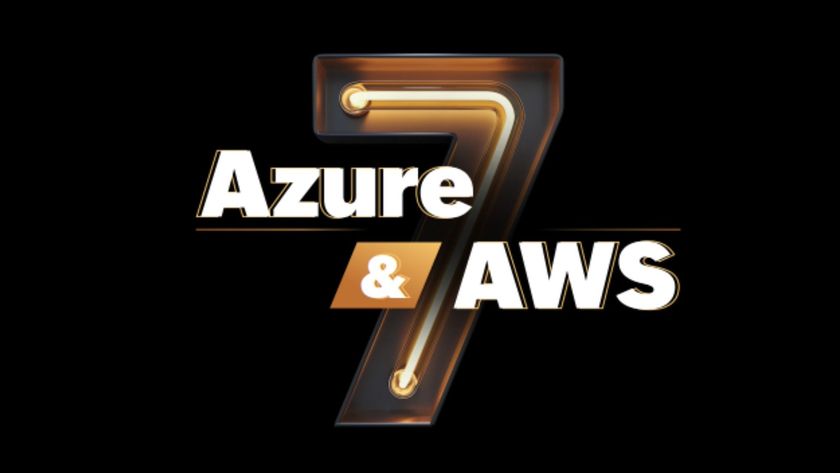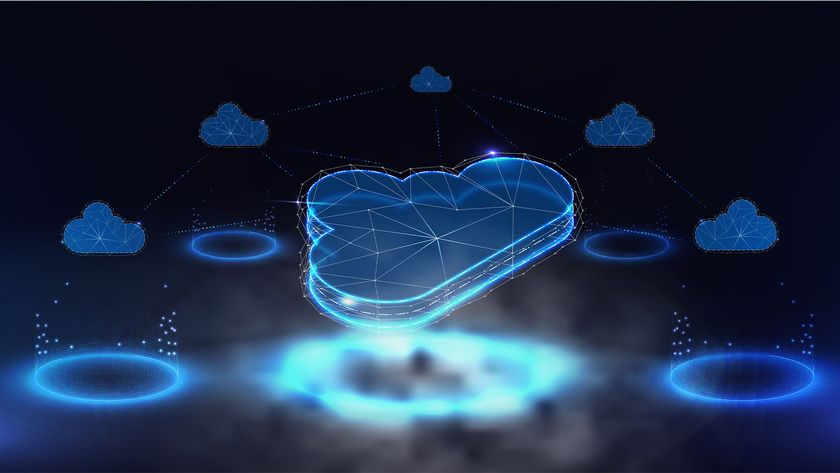Cloud Society: online porn - think of the parents, not the children
The government has a problem with porn - it doesn't like it. But that's no excuse for ill-thought-out solutions

Haven't we been here before?
Back in 2010, Ed Vaizey was telling anyone who would listen of his plan to block Internet porn, and was given short shrift by ISPs. At the time, they said it was unworkable. "There are many legal, consumer rights and technical issues that would need to be considered before any new web blocking policy was developed," commented BT.
So, nearly three years later, the policy comes round again - this time in the shape of telling ISPs to check a check box by default. It sounds so simple, doesn't it? As many have mentioned, mobile operators have had a similar mechanism in place for years. The other, equally "simple" demand is to block certain search terms.
Let's review: take a look at that fantastically frustrating 'feature' from Vodafone, T-Mobile and the rest, which blocks, well, just about everything. It blocks Yahoo, or has been known to - it did for me. It blocks blogs and other such sites which I happen to use in my line of work. Not only that but to unlock them, you have to put in credit card details. Oh no, wait - that doesn't function, so you have to phone a call centre on a premium support number, at which point you give up. At least, I did.
As for the blocking of search terms, there appears to be a discrepancy in terms of understanding what technology can actually do. Often it is a blunt instrument - as illustrated by the frustrations of the people of Scunthorpe about email filtering. Meanwhile, I was indeed horrified when one of my children typed "X Men" into Google at a very young age and got more than he bargained for. The fact that David Cameron thinks these issues are surmountable with "algorithms" (I wish they could be) demonstrates his (or his advisors) ignorance.
It is possible to take a stance about erosion of online freedoms, or to side with the idea that the Internet is above scrutiny and the world should just deal with it.
I'm not in either camp; I am a parent who is concerned about child protection. But realistically, if the proposed law goes through, it will add complication without delivering the supposed benefit. Call me a tired old cynic but this looks awfully like one of those times when a politician rails loudly against something to give the impression of action.
Cloud Pro Newsletter
Stay up to date with the latest news and analysis from the world of cloud computing with our twice-weekly newsletter
Not least in response to the findings of the "Independent Parliamentary Inquiry into Online Child Protection" published in April. It's worth a read.
However compelling the case it makes however, it presents little understanding of how technology works - as if closing one door in some way makes the problem go away.
Not least the statement: "We also heard that parents are not only concerned about access to internet pornography but also other forms of harmful content including cyber bullying, extreme violence, self- harm, suicide and pro-anorexia websites, while the issue of “sexting” or peer-to-peer sharing of intimate images is also of great concern."
In other words, it's not just porn that is the problem. What do we need to stop next? And virtually unmentioned in the findings (though discussed in the evidence) is the role of video. When it does come up, it also covers the topic of salacious pop videos. Is Justin Timberlake making porn now? What about mainstream films portraying sex scenes? What of Game of Thrones?
Even if the opt-out measure comes into force, ISPs do not have the wherewithal to monitor video streams in all their forms and codecs. To get round the restriction, a content provider need only incorporate images in a video file. Or an encrypted powerpoint file. Or, indeed, in any format that they choose to invent overnight, that ISPs don't monitor for yet. No, that isn't giving 'them' ideas. 'They' know it already.
Perhaps most alarming about David Cameron's lip service proposals is that they make that hugely flawed assumption that technology - and technologists - can make it all better.
The check box was only one of eight recommendations made by the panel, three of which covered provision of better education and clearer guidelines to parents. To whit: "The Panel concluded that while parents should be responsible for monitoring their children’s internet safety, in practice this is not happening as parents lack easy to use content filters, safety education and up–to-date information."
Yes, parents should be responsible for monitoring their children's Internet safety. Technology can be complicated - its rapid expansion has created a jungle. But that doesn't diminish the role of parents in any way. It is one thing (as some have suggested) that parents might become complacent if online filters are established. Quite another would be for parents to say, "Oh, that's the ISP's job," even as content becomes more complex and difficult to monitor.
Here's the rub. If any parent is worried about their children accessing unsavoury material, they can and should take steps to minimise the risk. Keep the computer in a front room. Install filters. Check out ParentPort or the Safer Internet site. Pay for advice from a local computer person. Ask me - I'll very happily point concerned people in the right direction.
Jon is an author, technology commentator and director at Inter Orbis, which researches the impact of technology on business and society. With over 20 years’ in the technology industry, Jon has a deep understanding of the global infrastructures, software architectures, and governance models required to make communities work..
In Jon’s varied career he has been IT manager, software consultant, training manager, IT security expert and industry analyst. He was named European analyst of the year by the Institute of Industry Analyst Relations in 2009..
Outside of technology, Jon has authored several books about music including bands such as Marillion and Rush, Jon is currently writing two books about the impact of the Internet on business and society, and is researching a novel about the violinist, Paganini.


